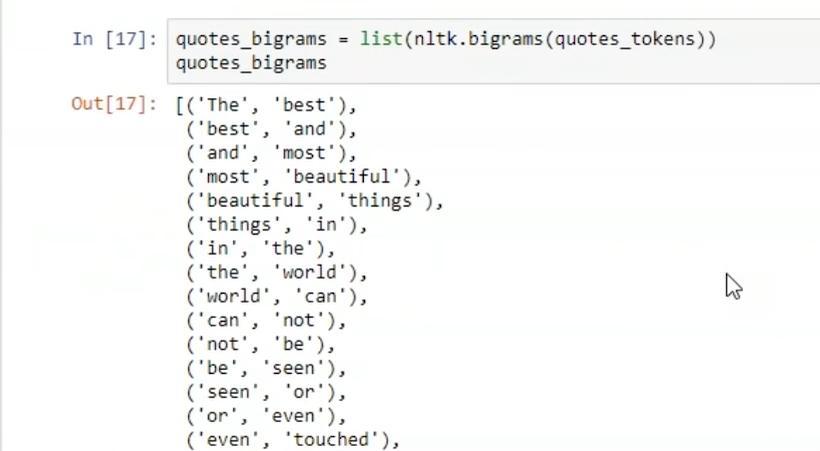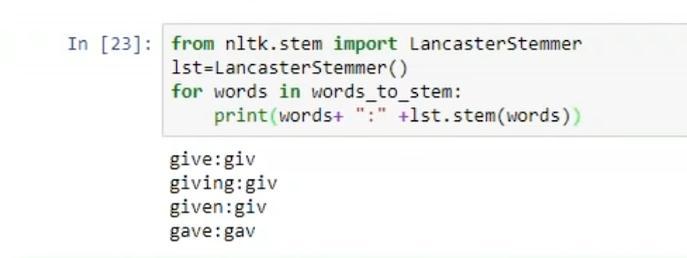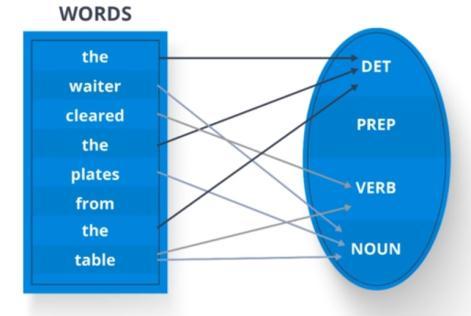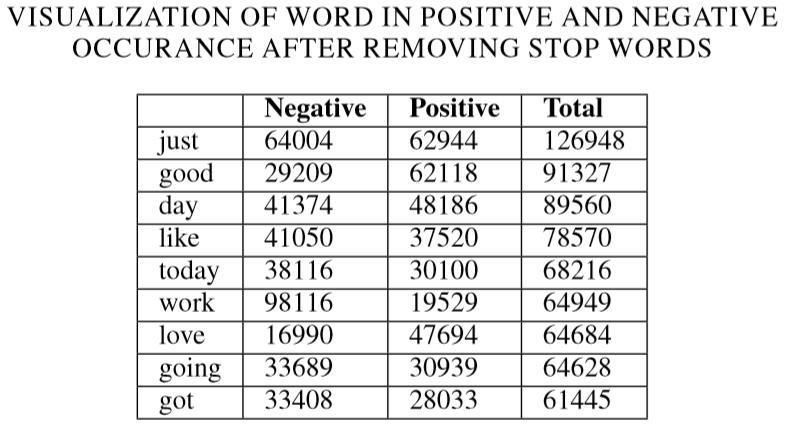
1 minute read
Stemming
Volume: 08 Issue: 01 | Jan 2021 www.irjet.net p-ISSN: 2395-0072
proposed what is now called the Turing test as a criterion of intelligence. Up to the 1980s, most natural language processing systems were based on complex sets of handwritten rules. Starting in the late 1980s, however, there was a revolution in natural language processing with the introduction of machine learning algorithms for language processing. It is the finest of all for Text Mining. It is widely used with the Natural Language Tool Kit provided by python. [8]
Advertisement
The algorithm consists of following steps:
1. Tokenization 2. Stemming 3. Lemmatization 4. Data Cleaning 5. POS Tags 6. Named Entities 7. Chunking
2.2.1 Tokenization
It is the first step in NLP and consist of 3 steps:
• Break a complex sentence into words. • Understand the importance of each word with respect to the sentence. • Produce a structural description on an input sentence.
Fig. (2.2.1) Tokenization using nltk
Using word_tokenize() function form nltk.tokenize the sentence is converted to a list of tokens/words which are used for further processing. Using FreqDist() from nltk.probability we can find the frequency of every token.
2.2.1.1 Bigrams, Trigrams and Ngrams:
Bigram gives a list of tuples containing 2 consecutive tokens from the tokenized list. Similarly Trigram produces tuples of 3 consecutive tokens and Ngram for N tokens. Fig (2.2.2) Bigrams using nltk

2.2.2 Stemming
Stemming is Normalizing words into its base form or root form. For eg.
Detected Detection Detecting Detections has the root form Detect.
Stemming algorithm works by cutting off the end or the beginning of the word by taking in account the common set of suffixes and prefixes and hence the actual root form of the word may not be obtain every time.
There are 2 main types of stemming, PorterStemmer and LancasterStemmerLancasterStemmer is more robust than the PorterStemmer.
PorterStemmer
Fig (2.2.3) PorterStemmer using nltk
LancasterStemmer
Fig (2.2.4) LancasterStemmer using nltk









